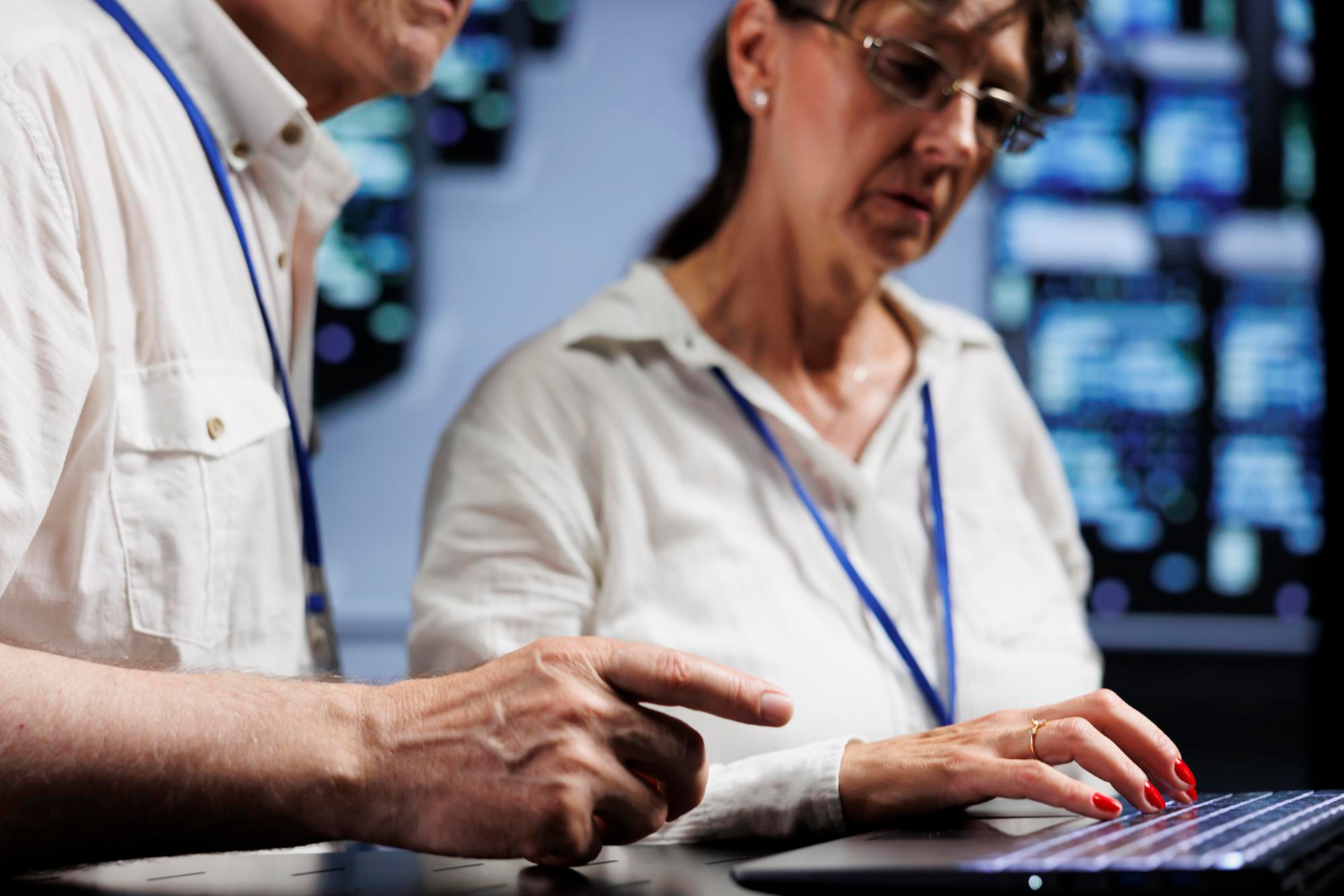
ISO 27001 and Remote Construction Teams: Ensuring Information Security in a Distributed Workforce
In today’s ever-evolving business landscape, construction companies are increasingly incorporating remote work and distributed teams into their operations. While the shift to remote working has brought various benefits to the construction industry, it has also introduced new challenges, particularly in terms of information security. The increased reliance on digital communication channels creates potential vulnerabilities if not managed effectively, and construction businesses must ensure their information security practices are up to the task.
ISO 27001, an internationally recognised information security management standard, offers a comprehensive framework to help construction businesses address this challenge. Implementing ISO 27001 guidelines in a distributed workforce context enables companies to maintain robust information security while allowing for the flexibility and adaptability required for efficient remote work. By focusing on information security in remote working, businesses can ensure the confidentiality, integrity, and availability of their data, ultimately safeguarding their operations and reputation.
Edara Systems, a boutique industry consultancy and construction management software firm, plays a leading role in helping construction businesses implement and maintain ISO 27001-compliant information security practices in managing remote teams. Leveraging expert knowledge, tailored strategies, and innovative technology, Edara Systems empowers businesses to navigate information security challenges in remote construction teams, ensuring compliance and enabling seamless, secure collaboration.
1. Establishing Secure Communication and Collaboration Channels
Central to ensuring ISO 27001 compliance in remote construction teams is implementing secure communication and collaboration channels. Construction businesses should consider the following aspects to maintain information security across distributed teams:
– Data encryption: Implement end-to-end encryption for all communication channels, including email, messaging apps, and video conferencing, to protect data confidentiality during transmission.
– Access controls: Ensure only authorised personnel has access to communication channels and project-related resources, employing role-based access controls and multi-factor authentication where necessary.
– Secure file sharing: Facilitate secure file sharing and collaboration by utilising cloud-based platforms with robust encryption and access controls, ensuring the integrity and availability of project data.
2. Developing a Remote Work Information Security Policy
A remote work information security policy is crucial in maintaining ISO 27001 compliance for construction businesses with distributed teams. Businesses should focus on:
– Clear guidelines: Create a well-defined remote work policy, outlining the information security expectations and responsibilities for employees working remotely.
– Device and network security: Establish protocols for securing remote workers’ devices, such as antivirus protection, VPN usage, and regular software updates, as well as guidance on safe home network configurations.
– Incident reporting and response: Ensure remote employees understand the process for reporting security incidents or breaches and are familiar with the necessary steps for rapid response and effective recovery.
3. Providing Remote Security Awareness Training and Resources
Effective remote security awareness training and resources are essential for construction businesses to support a secure remote working culture. Key elements to consider include:
– Ongoing training: Deliver frequent and updated security awareness training, focusing on remote working best practices, to ensure employees stay informed about relevant threats and ISO 27001 requirements.
– Phishing simulations: Conduct phishing simulations designed to imitate common email attacks targeting remote workers, allowing employees to recognise and report phishing attempts effectively.
– Support resources: Provide remote workers with access to helpful resources and support channels, such as security documentation, FAQs, tutorials, and a dedicated IT support team, assisting them in maintaining compliance with company policies and mitigating risks.
4. Monitor and Maintain Compliance in a Remote Work Environment
Continuous monitoring and compliance maintenance are vital in the remote work context, allowing construction businesses to address potential vulnerabilities proactively. Consider the following activities:
– Regular audits and inspections: Conduct periodic audits and inspections to evaluate the effectiveness of information security controls for remote employees, ensuring adherence to ISO 27001 requirements.
– Vulnerability assessments: Perform vulnerability assessments to identify potential weaknesses in remote work infrastructure, such as unpatched software or insecure network configurations, and remediate these issues promptly.
– Compliance tracking: Maintain clear documentation of security measures, risk assessments, and training activities to demonstrate compliance and ensure transparency across the business.
Leveraging Edara Systems’ Expertise to Secure Remote Construction Teams
Edara Systems specialises in guiding construction businesses through the process of ensuring secure and compliant remote operations:
– Tailored remote work security policies: With a deep understanding of industry-specific information security needs, Edara Systems helps your business establish and refine remote work security policies aligned with ISO 27001 principles.
– Expert advice on secure collaboration and communication tools: Collaborate with Edara Systems to identify the most effective and secure tools for remote work collaboration, streamlining operations and ensuring the protection of sensitive information.
– Remote security awareness training development and access: Partner with Edara Systems to create or enhance your remote security awareness training program, ensuring your workforce remains educated and vigilant about evolving cybersecurity threats.
Conclusion
By embracing the ISO 27001 standard and implementing industry best practices for securing remote construction teams, businesses can confidently navigate the changing work landscape while maintaining robust information security. With Edara Systems’ support and expertise, construction businesses can build and maintain a strong security posture in their distributed workforce, reinforcing compliance, and fostering a secure, collaborative environment across the organisation.
Don’t let the shift to remote work compromise your construction business’s information security. Contact Edara Systems today to explore how our expert consultancy services, tailored solutions, and specialised construction management software can support your remote operations and help maintain ISO 27001 compliance while empowering your distributed team to thrive.



